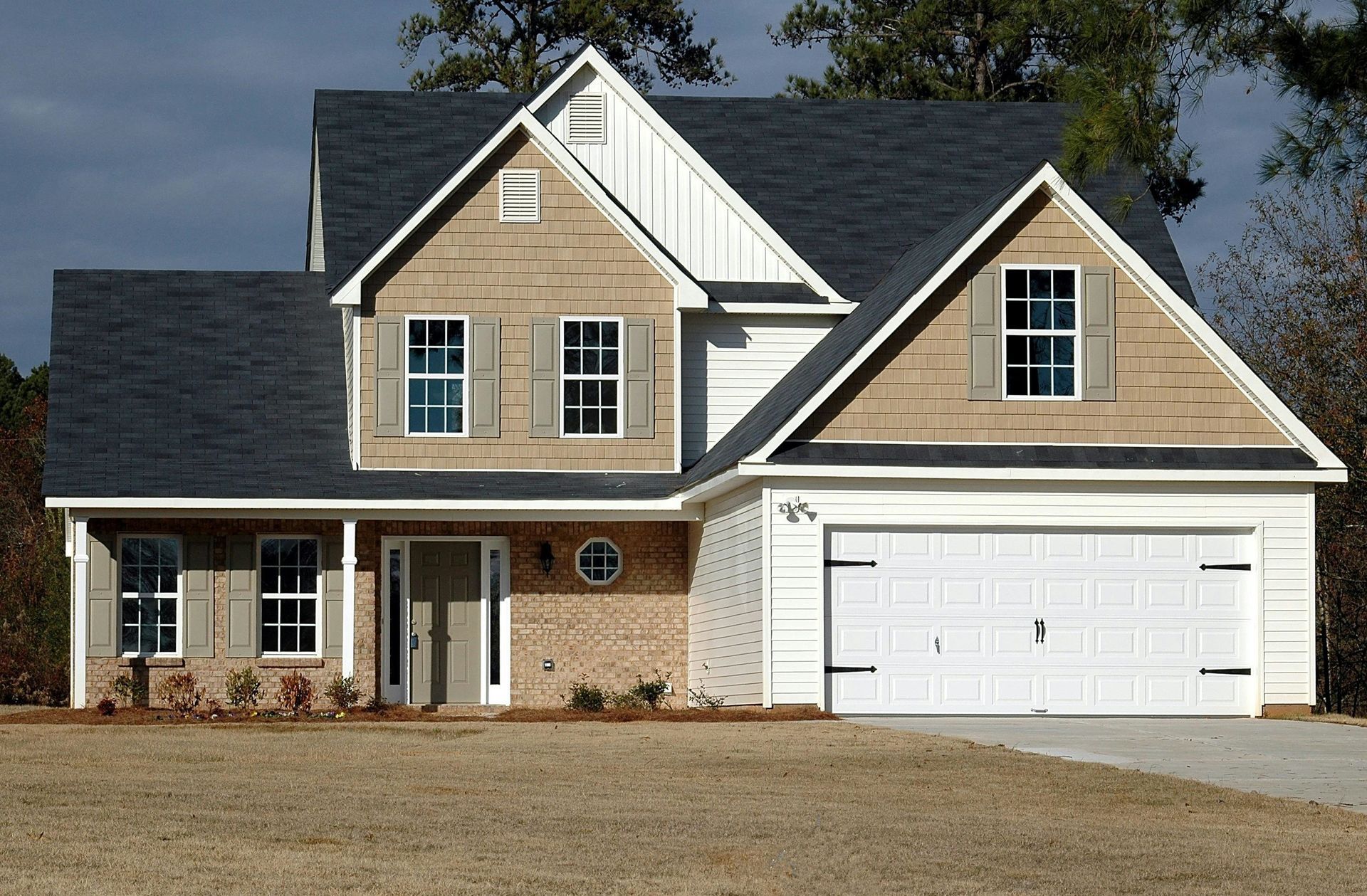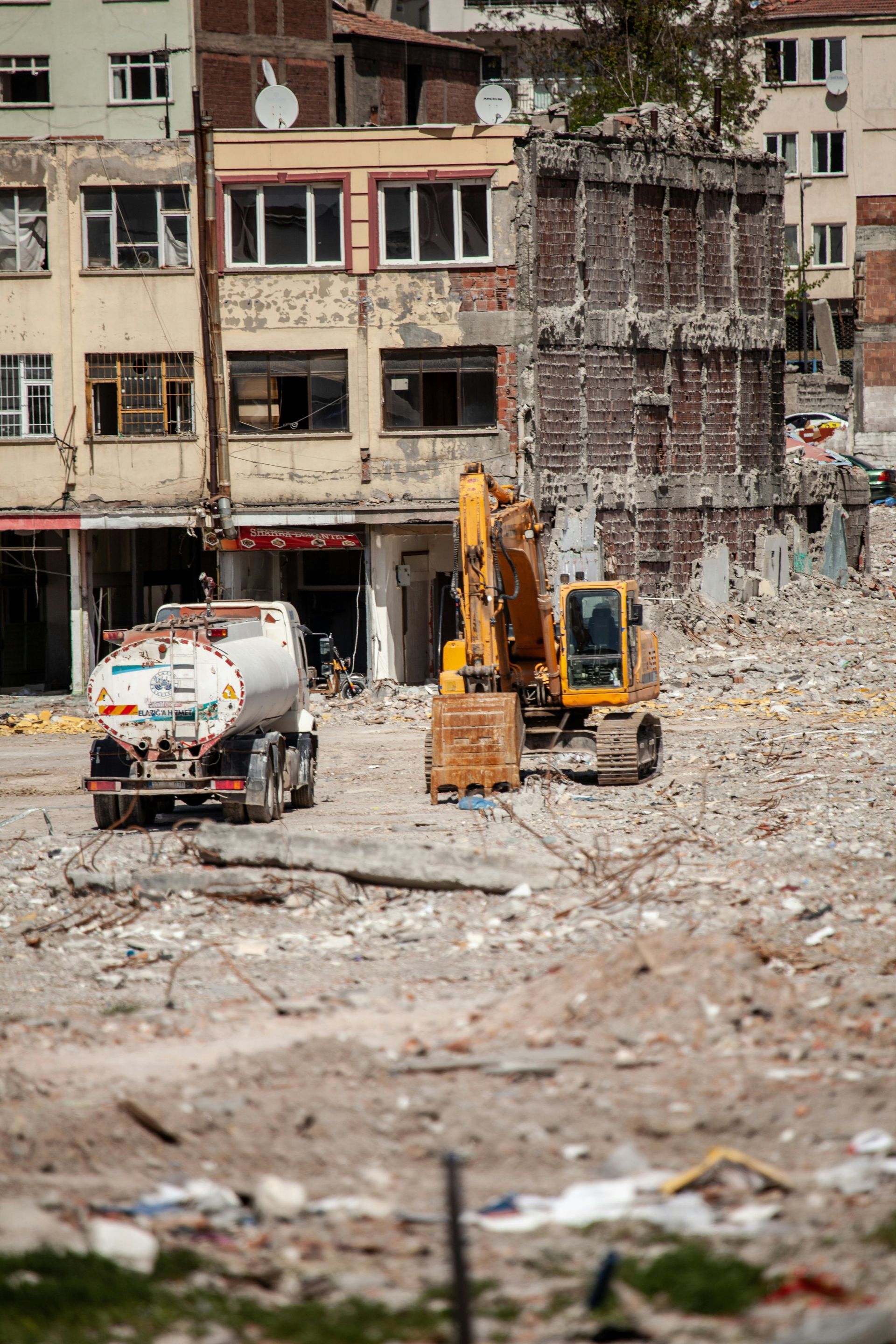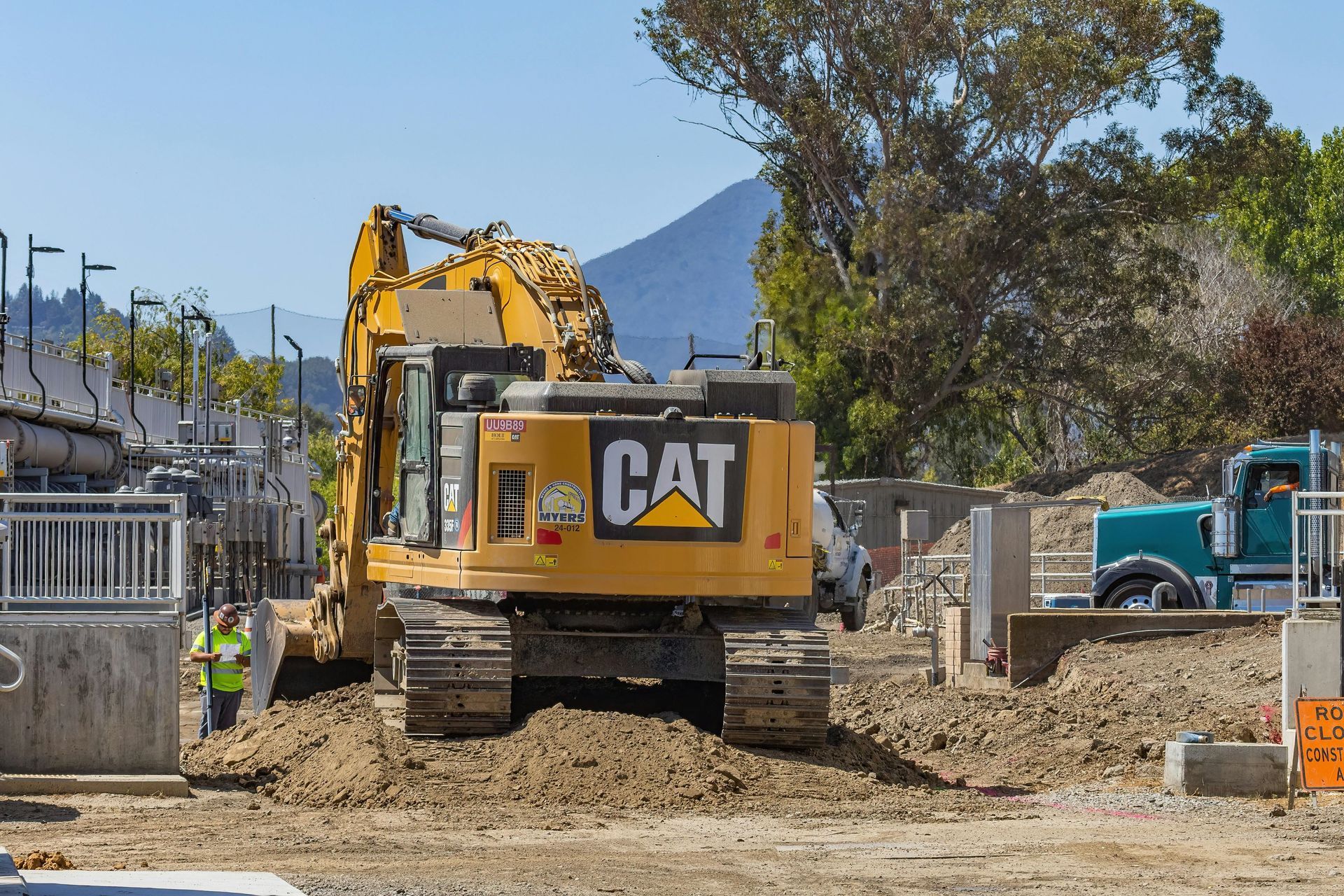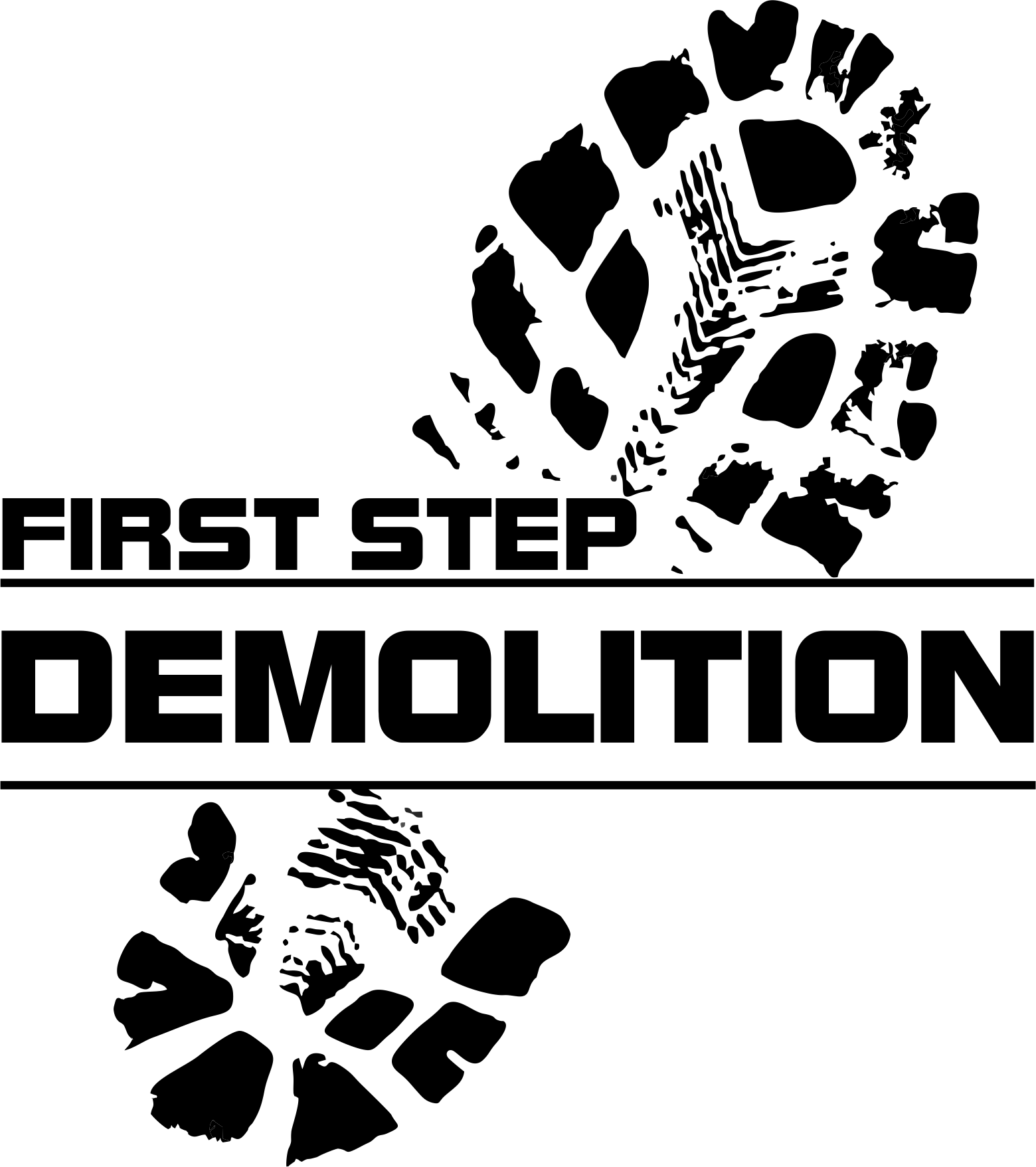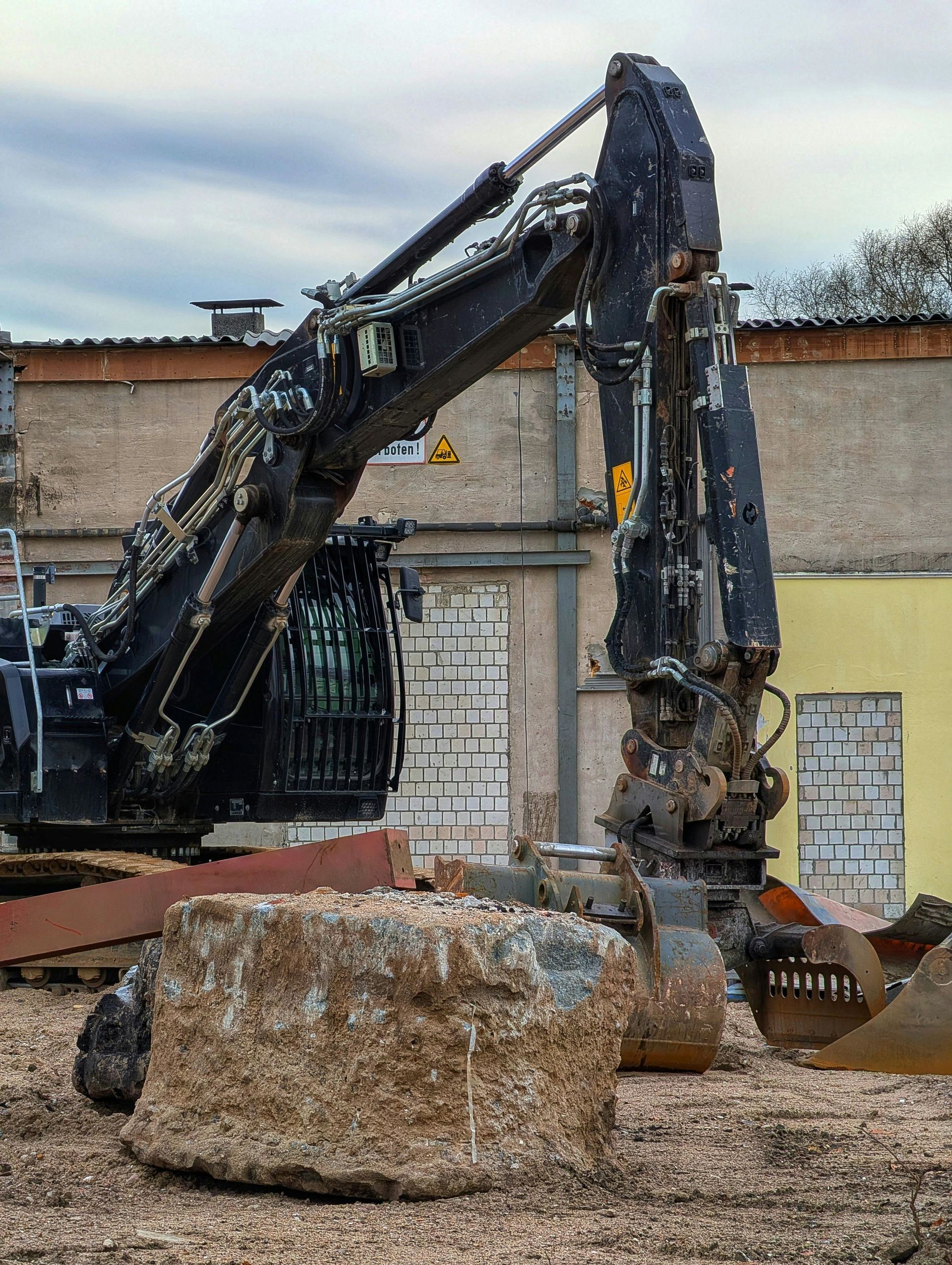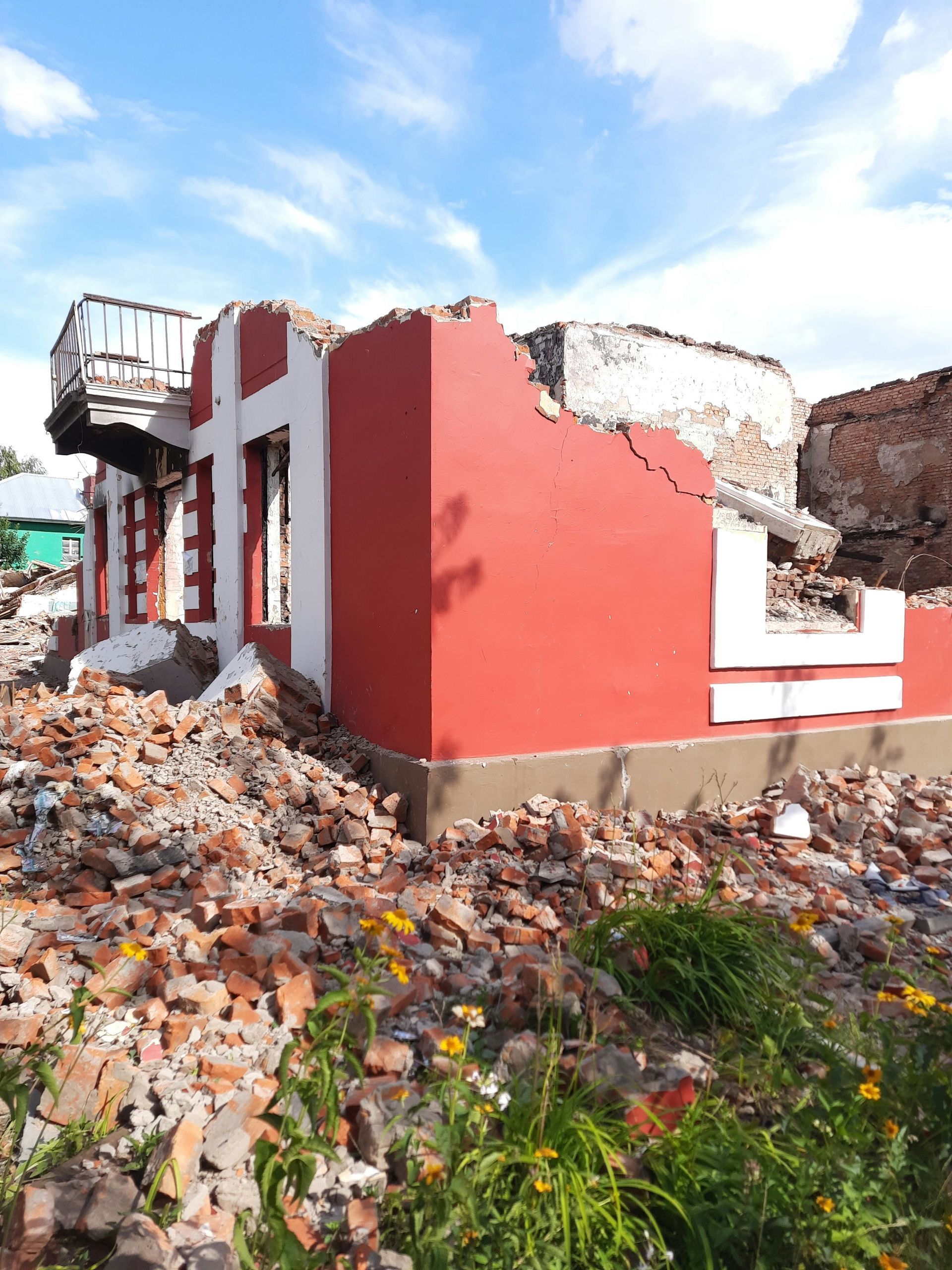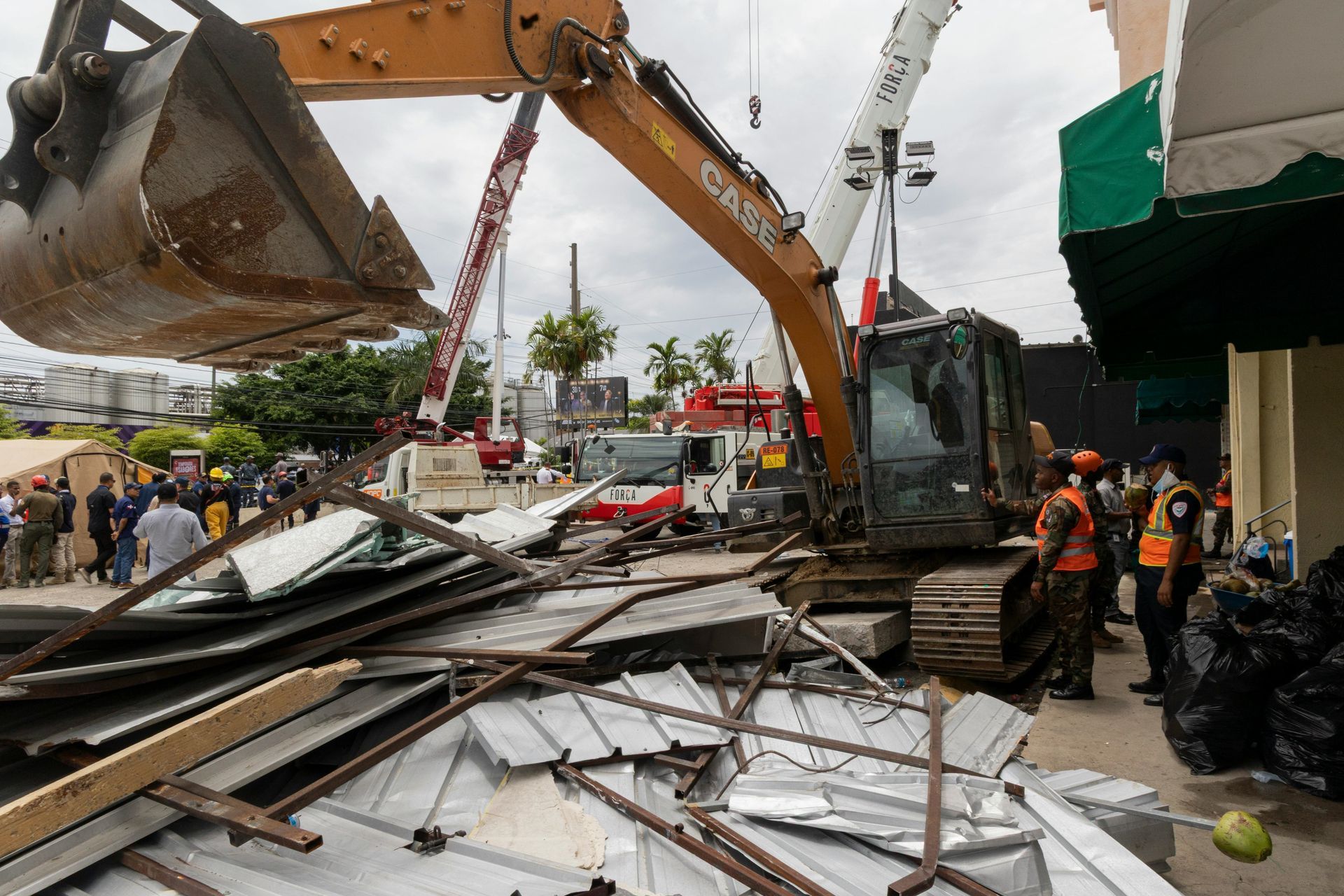Sustainable Practices in Urban Residential Demolition
In the ever-changing world of construction and demolition, sustainability has always been encouraged both in rural and urban settings. As we know, in the landscape of urban development, demolition is an inevitable part of progress. However, as we move towards a more environmentally conscious world, the focus on sustainable practices in urban residential demolition has become paramount. That is why in this blog post, we will explore how sustainability is being integrated into the demolition process; transforming what was once a purely destructive activity into a more responsible and eco-friendly practice.
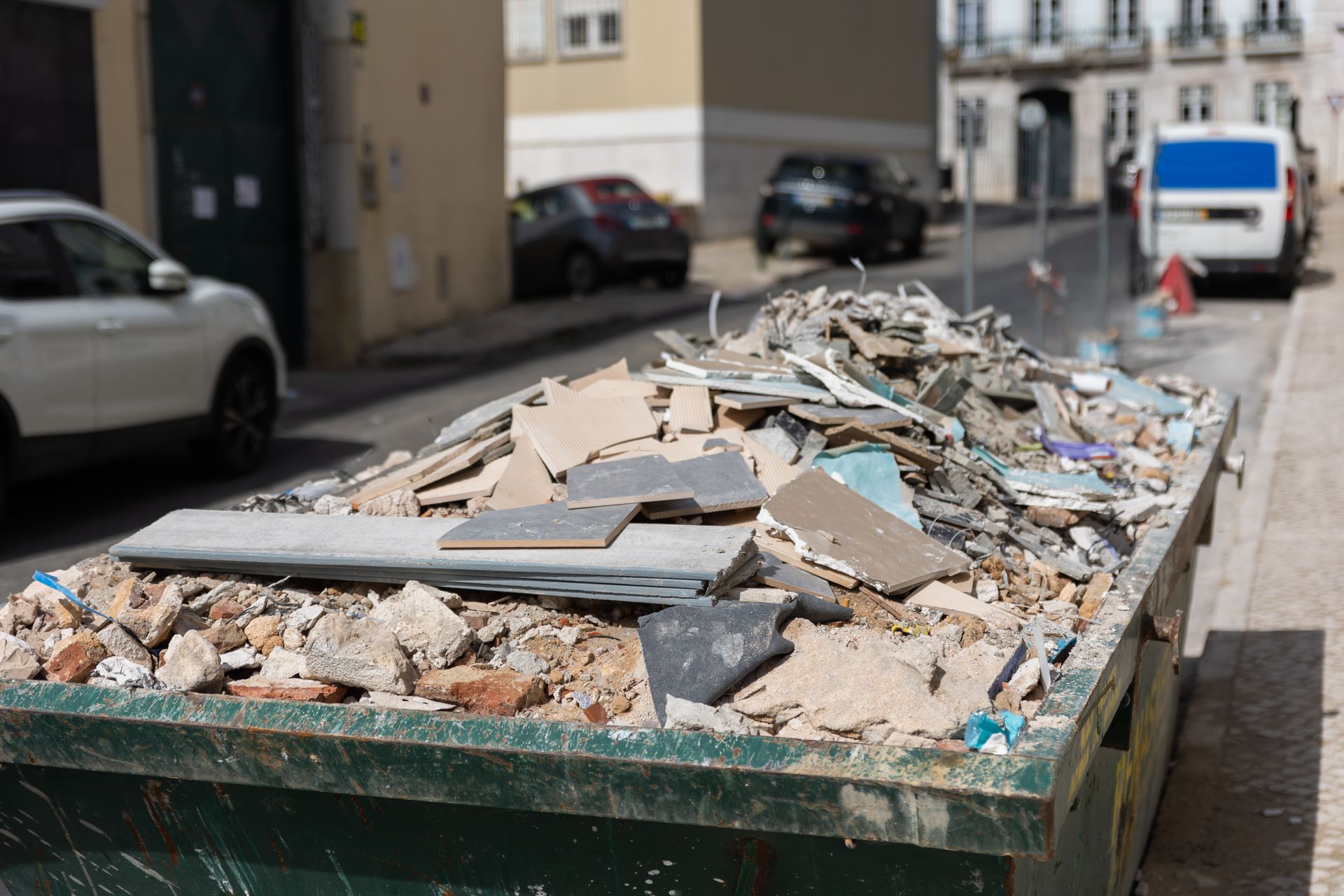
Understanding the Need for Sustainability in Urban Residential Demolition
We cannot deny that as we’ve entered the new millennium, the urban residential areas have become quite dense. Twenty years later, it has become denser and more bustling. Consequently, traditional demolition methods can lead to significant environmental impact, including air pollution, noise pollution, and a substantial amount of waste. That is why sustainable demolition practices aim to mitigate these effects by prioritizing recycling, reducing emissions, and ensuring minimal disruption to the surrounding community. Now, what are the key sustainable practices in urban residential demolition?
Key Sustainable Practices in Urban Residential Demolition
Understanding the importance of sustainable practices not just in urban residential demolition but in demolition as a whole is beneficial in so many ways. So here are the five key sustainable practices in urban residential demolition:
1. Waste Management and Recycling
One of the most critical aspects of sustainable demolition is the effective management of waste. Contractors are now more diligently sorting and recycling materials like concrete, metal, and wood. These materials can be repurposed or recycled, reducing landfill waste. In some cases, materials like bricks can be cleaned and reused in new construction projects, offering a blend of sustainability and historical preservation.
2. Deconstruction Over Demolition
There’s been quite a debate regarding this matter. Which really is more sustainable? Deconstruction or demolition? Well, a lot of contractors have proven that deconstruction is more sustainable than demolition. Where possible, deconstruction is favored over demolition. Deconstruction involves carefully dismantling a building to preserve as much material as possible for reuse. Although, it is a fact that this method is labor-intensive but significantly reduces waste and the environmental footprint of the demolition process.
3. Using Green Technology and Equipment
Advancements in technology have led to the development of more eco-friendly demolition equipment. Electric-powered machinery, which produces no emissions, is increasingly being used in urban settings. You can look up the new set of innovative machineries in demolition online. Additionally, the use of advanced machinery that minimizes noise and dust pollution is becoming a standard practice nowadays.
4. Water Spray Systems to Reduce Dust
For those who are new in the demolition business, water spray systems might be foreign to you. Do you know that dust control is a major environmental concern in urban demolition? Thus, a lot of contractors who practice sustainability utilize water spray systems to reduce dust. Water spray systems are employed to minimize air pollution, controlling the spread of dust and debris during the demolition process.
5. Energy Recovery and Efficiency
Last but definitely not the least on our list is energy recovery and efficiency. In some innovative projects, materials from demolition sites are used in energy recovery processes. For example, wood can be converted into biomass energy. Additionally, ensuring that the demolition process itself is energy efficient also contributes to sustainability.
Benefits of Sustainable Practices in Urban Residential Demolition
Environmental Protection: Sustainable demolition significantly reduces the environmental impact. It minimizes the release of pollutants, including dust and harmful emissions, and lessens the overall carbon footprint of the demolition process. This is crucial in urban areas, where the environmental impact is more concentrated.
Waste Reduction and Recycling: A key aspect of sustainable demolition is the focus on waste management. By recycling and reusing materials such as metal, concrete, and wood, the amount of waste sent to landfills is drastically reduced. This not only conserves landfill space but also reduces the demand for new raw materials.
Energy Efficiency: Sustainable demolition practices often involve the use of more energy-efficient methods and machinery. This reduces the overall energy consumption of the demolition process, contributing to a decrease in greenhouse gas emissions.
Community Health and Safety: By controlling dust, noise, and other pollutants, sustainable demolition practices help protect the health and well-being of nearby residents and workers. This is particularly important in dense urban areas where the local community can be directly affected by demolition activities.
Economic Benefits: While sustainable demolition methods can be more expensive upfront, they often lead to cost savings in the long term. Recycling materials can be more cost-effective than purchasing new ones, and efficient waste management can reduce disposal costs.
Compliance and Reputation: Adhering to sustainable practices helps demolition companies stay compliant with environmental regulations, which are becoming increasingly strict. It also enhances their reputation, as clients and communities increasingly value environmental responsibility.
Resource Conservation: Reusing materials from demolition sites conserves natural resources. This is particularly important for non-renewable resources, which are preserved for future use.
Innovation and Technology Advancement: The push for sustainability drives innovation in demolition techniques and equipment. This can lead to the development of more advanced, efficient, and safer demolition methods.
Urban Renewal and Development: Sustainable demolition is often a key component of urban renewal projects. By responsibly clearing old structures, space is made available for new, more sustainable developments that can better serve the community.
Preservation of Historical Materials: In some cases, sustainable demolition includes salvaging architectural elements of historical significance, which can be preserved or reused, maintaining a connection to the area's heritage.
Conclusion
Sustainable practices in urban residential demolition represent a significant step towards a more environmentally responsible approach to urban development. By prioritizing recycling, utilizing green technology, and focusing on community impact, the demolition industry can play a crucial role in building a sustainable future. As we continue to innovate and adapt, the demolition of today paves the way for the greener cities of tomorrow.
First Step Demolition
If you're inspired by the potential of sustainable practices in urban residential demolition and are ready to take the first step towards eco-friendly demolition, look no further than First Step Demolition. Our commitment to the environment is matched only by our dedication to our clients. We understand that every demolition project is a chance to positively impact our planet.
Ready to make a difference?
Contact First Step Demolition today to discuss how we can bring sustainable, efficient, and responsible demolition practices to your next project. Together, we can pave the way for a greener, cleaner future in urban development. Embrace sustainability in your demolition project and help preserve Mother Nature.
